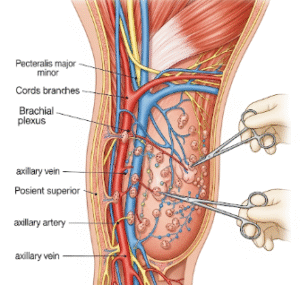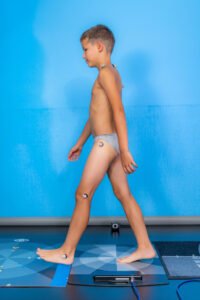Overview
Motion sickness is a common condition that occurs when the brain receives conflicting signals from the inner ear, eyes, and body about movement. In Korea, motion sickness is often experienced while traveling by buses, high-speed trains (KTX), cars, ferries, and flights. While usually not dangerous, it can cause significant discomfort and affect daily life, especially for commuters and travelers. Korea offers a range of preventive strategies, over-the-counter medications, and advanced treatments to help people manage motion sickness effectively.
What is Motion Sickness?
Motion sickness is a condition that leads to nausea, dizziness, and discomfort when a person is exposed to certain types of motion. It is caused by a mismatch between what the eyes see and what the inner ear senses. It can affect people of all ages, though it is more common in children, women, and individuals prone to migraines.
Symptoms
- Nausea
- Vomiting
- Cold sweats
- Dizziness or lightheadedness
- Pale skin
- Headache
- Fatigue
- Increased saliva production
Causes
The primary cause of motion sickness is sensory conflict between the inner ear (vestibular system), eyes, and body. Specific causes include:
- Traveling in moving vehicles (car, bus, boat, plane, train)
- Virtual reality or simulator rides
- Reading or looking at a phone while in motion
- Sensitive inner ear balance system
Risk Factors
- Family history of motion sickness
- Children aged 2–12 years
- Women (especially during pregnancy or menstruation)
- Migraine sufferers
- Anxiety or stress during travel
Complications
While motion sickness is not life-threatening, it can cause:
- Dehydration from vomiting
- Travel anxiety or avoidance of travel
- Interference with work or daily activities
- Worsening of existing conditions such as migraines
Prevention
- Sit in the front seat of cars or near the wings of airplanes
- Focus on the horizon instead of reading or looking at screens
- Ensure proper ventilation and fresh air
- Avoid heavy meals, alcohol, or caffeine before traveling
- Use relaxation techniques to reduce stress and anxiety
- Take preventive medications before long trips if recommended by a doctor
Treatment Options in Korea
South Korea provides both modern medical treatments and traditional approaches for motion sickness, ensuring effective care for travelers and commuters.
- Diagnosis
- Based on clinical history and symptoms
- ENT (Ear, Nose, Throat) or neurology consultation for recurrent or severe cases
- Medical Treatments
- Over-the-counter medications such as dimenhydrinate or meclizine are available in Korean pharmacies
- Prescription medications like scopolamine patches for severe or recurrent cases
- Intravenous hydration in hospitals for severe vomiting and dehydration
- Supportive Therapies
- Acupressure wristbands are commonly used in Korea to relieve nausea
- Ginger supplements or teas, part of traditional Korean remedies, to reduce nausea
- Breathing and relaxation techniques taught during travel counseling
- Hospital and Specialist Care
- Severe or chronic motion sickness can be treated in leading hospitals like Seoul National University Hospital, Asan Medical Center, and Samsung Medical Center
- Specialized ENT and neurology departments provide evaluation of vestibular disorders contributing to motion sickness
- Long-Term Care
- Lifestyle counseling for frequent travelers or workers affected by motion sickness
- Combined use of Western medicine and Korean traditional medicine (Hanbang) for holistic management













